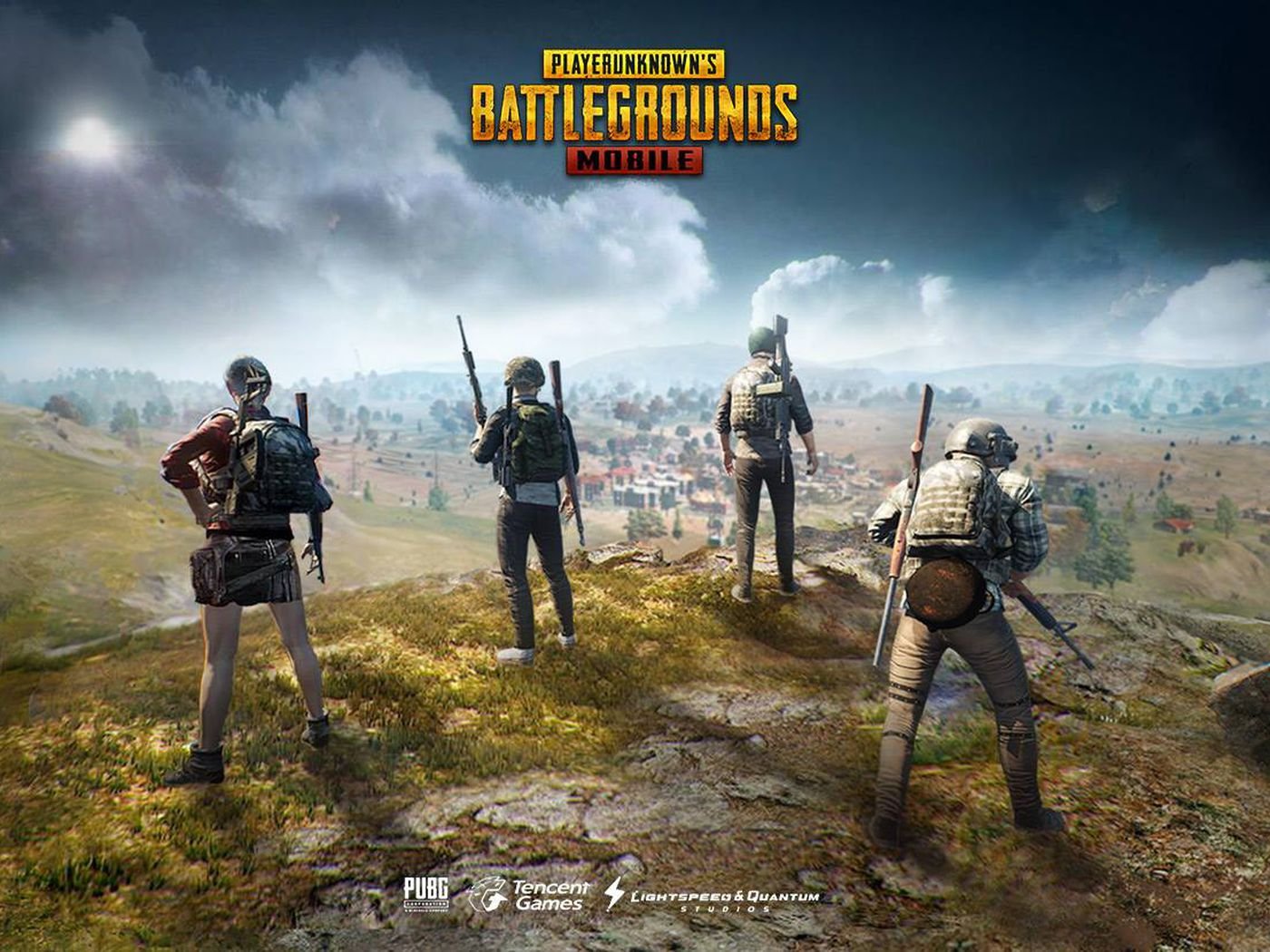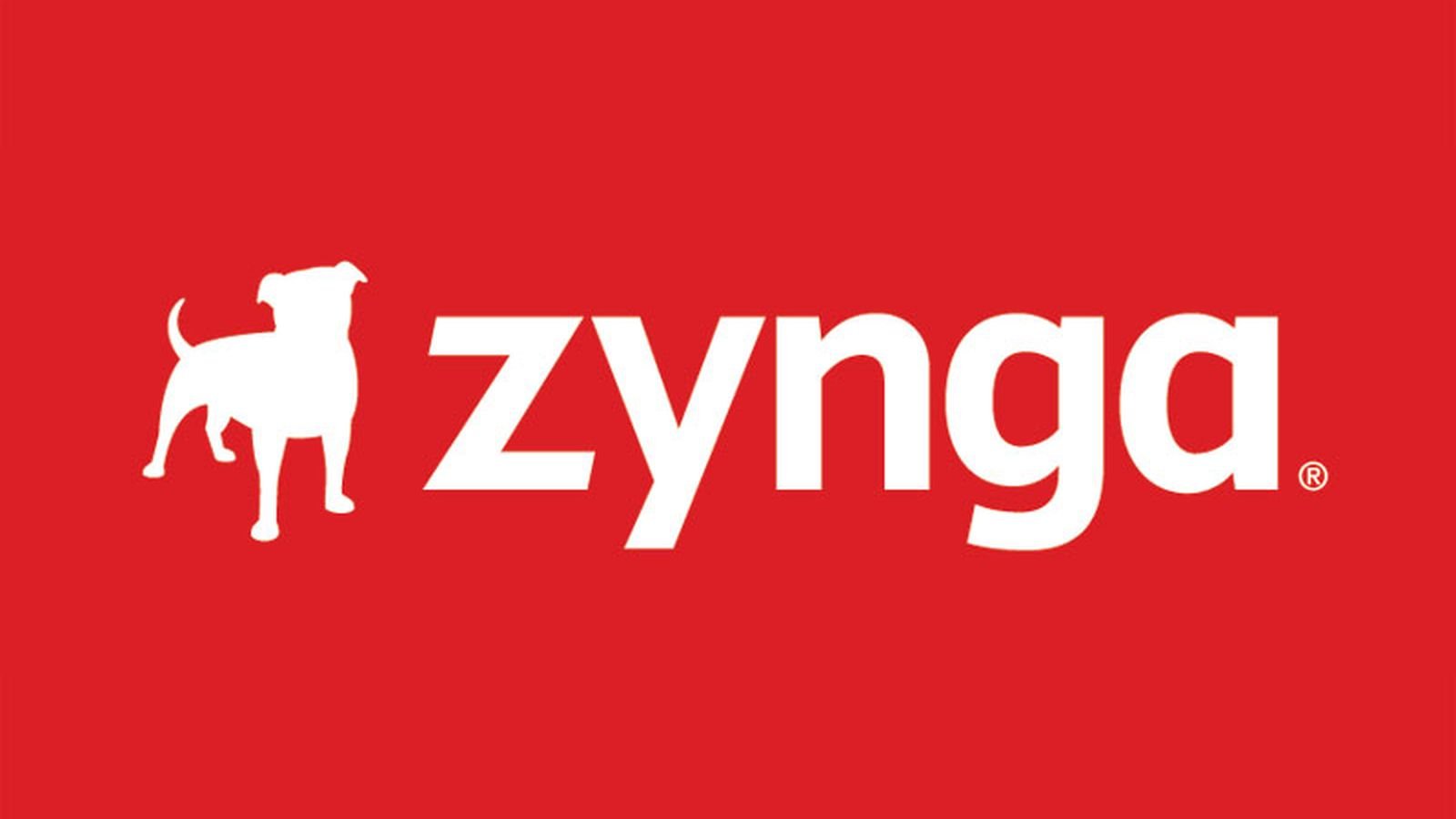In January 2019, when a worried mother complained to the Prime Minister about her son’s addiction to online games, he paused for a second and asked her: “Yeh PUBG wala hai kya? (Is this a PUBG issue?)”. This had the audience in stitches. It also highlighted the crazy frenzy for the mobile game that had become a severe problem for parents whose children focused more on landing the perfect headshot than learning trigonometry and partners who got less attention from their other-halves than the battle royale game.

Considering the dedication Indians have for these games, it shouldn’t come as a surprise that the worth of online gaming in India alone is $290 million. Yes, you read that right. Globally, it stands at $150 billion.
Although the pandemic disrupted sporting events worldwide, it proved to be a boon in disguise for the Indian gaming industry. The onset of the pandemic and the social isolation that came with it was simply too much to take for Indians, and this led to the birth of a quiet revolution in our houses. Online gaming not only survived but thrived and skyrocketed, while many other businesses had a tough time floating above the water. WinZo Games, an Indian-based gaming company, for instance, reported three times more user engagement and 30% higher traffic in online mobile gaming during the pandemic. Similarly, Paytm First Games, an Indian mobile-based online gaming platform, reported an almost 200% increase in the user base during the pandemic, with 75,000 new users.
Online gaming has firmly established a strong foothold in the country, with a projected user base of more than 628 million gamers who ensure that the gaming ecosystem boosts within the Indian economy. But where did this all begin? India’s currently booming online gaming scene is not an overnight phenomenon. The foundation was somewhat laid back in the early 2000s with the introduction of popular online PC games like Counter-Strike and World of Worldcraft, which took the gaming world by storm, and led to the birth of LAN parties in Indian cyber cafés.
Then came the late 2000s, and it marked the emergence of popular social games like FarmVille and Mafia Wars on social networking site Facebook, which pretty much blew up in India. Facebook became the hottest thing of its time, which helped Zynga become the Supercell of its time. Users flocked in large numbers to its SimCity-esque game Farmville, and the company achieved revenues of $235 million the year it was released. These games’ success made them a billion-dollar company, which was crazy for its time as Zynga had become as valuable as EA and Ubisoft, who were in the game (pun intended) way longer than them.

It was in 2016 that the global online gaming market realized impressive volumes with 120 million online gamers and a market value of 290 million USD. But why has India emerged as a key player in the global gaming market? Several factors should be considered here. If a report by Indian Federation Sports Gaming (IFSG) and KPMG is to be believed, the proliferation of smartphones, high-speed internet, and falling data prices can be considered primary catalysts for the rapid growth of online gaming in India.
India is also a young country with over 75% of its population under the age of 45, thus making it one of the largest potential markets for online gaming in terms of volume. There’s always a high tendency for young individuals to play online games, who get introduced to it through friends or peer groups and engage in this activity for stress relief and social interaction in the virtual world. The portability and accessibility of mobile phones are like the cherries on top of the cake, making them the best device for consuming entertainment on the move.
It would be correct to say that with the increase in the valuation of the online gaming industry in India, overall perception about the industry and gaming, in general, has also somewhat changed. For instance, Ankur Diwakar, a FIFA player, started playing games back in 2007, when the industry was still seen as a hobbyist arena. Today, Diwakar gives lectures at many Indian universities to explain why e-sports is a viable career option.
The explosive growth of online gaming during the pandemic provided people with one thing that they needed – an outlet for connection in isolation. The mobile gaming market is growing at 22 percent annually, and a Deloitte report predicts that it will hit the $2.8 billion mark by 2023. So can India become a gaming superpower soon? The statistics definitely point towards that.
